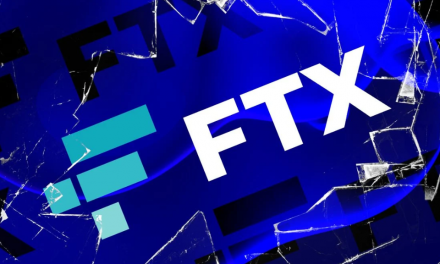Belgium is taking a significant step forward in the realm of blockchain technology during its upcoming presidency of the Council of the European Union in early 2024. The country’s government, led by Secretary of State for Digitization Mathieu Michel, is focusing on enhancing the development of a European blockchain infrastructure, which is one of the four main priorities of Belgium’s presidency.
The primary aim of this initiative is to foster a secure and efficient system for storing official documents such as driving licenses and property titles. This proposal is not only about technological advancement but also involves making it a European political project. The idea is to reboot the European Blockchain Services Infrastructure (EBSI), a project initially launched in 2018 by the European Commission in collaboration with the European Blockchain Partnership, which includes 27 EU member states as well as Norway and Liechtenstein.
The revamped EBSI, to be renamed Europeum, is envisioned as a tool for public administration, enabling the verification of various documents across the EU. It could also play a pivotal role in supporting the infrastructure for the digital euro.
Michel emphasizes the importance of using a public blockchain developed by EU member states, highlighting the advantages of security, transparency, and privacy that blockchain technology can offer. This approach is seen as a means to return control of personal data to citizens.
As of now, several EU countries, including Italy, Croatia, Poland, Portugal, Slovenia, Luxembourg, and Romania, have expressed their support for the Europeum plan. The project’s headquarters will be situated in Belgium, marking a significant step in the country’s leadership in digital innovation.
This initiative aligns with the broader trend of regulatory consolidation around crypto and blockchain technology. In a notable development, 47 national governments recently pledged to incorporate the Crypto-Asset Reporting Framework (CARF), a new international standard for the exchange of tax-related information, into their domestic legal systems. This move represents a coordinated effort to regulate and integrate blockchain and crypto assets into the global financial ecosystem.





